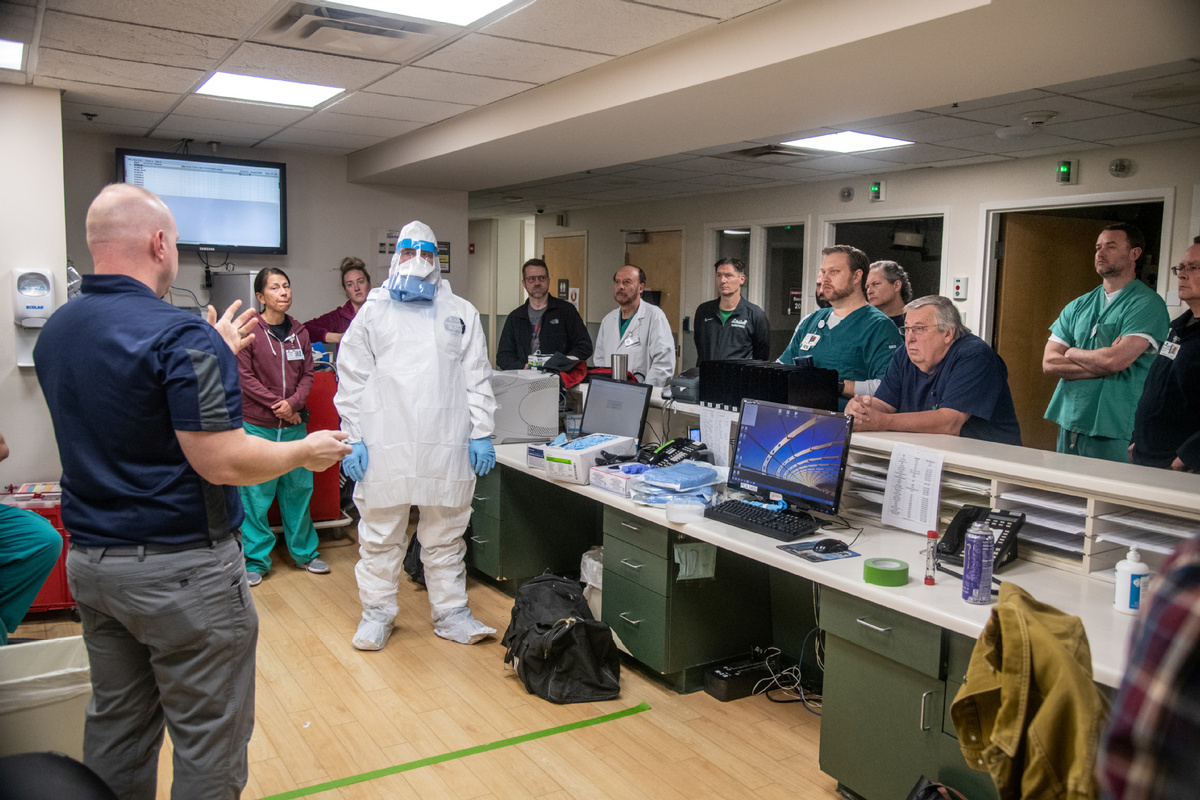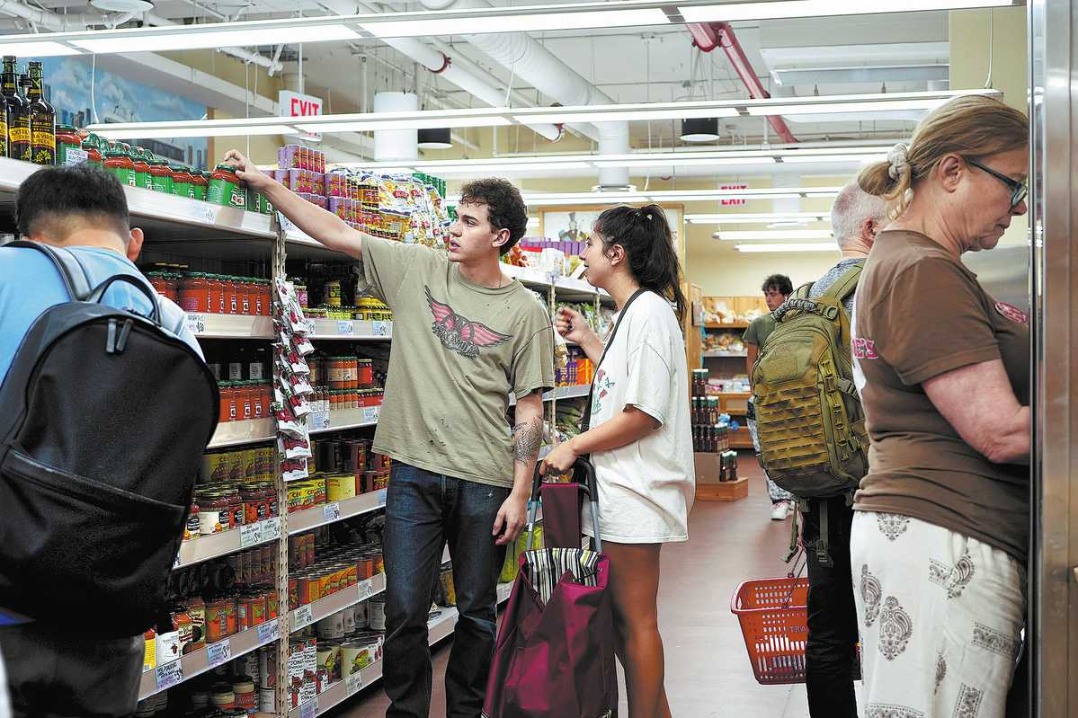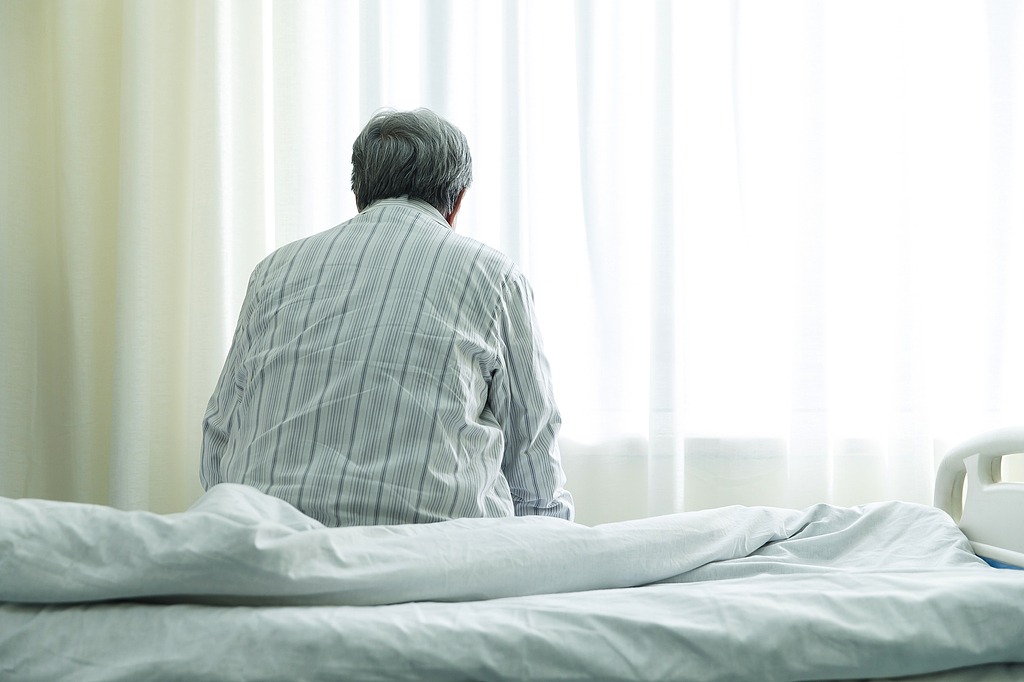Homeless could face greater risk of coronavirus






The coronavirus has spread to every US state except West Virginia, and senior citizens with underlying health conditions have been identified by health officials as the most vulnerable.
But another segment of the US population may be even more susceptible to contracting COVID-19 — the nation’s estimated 550,000 homeless people.
Although there have been no reported cases of coronavirus specifically among the homeless, their living conditions and poor health may place them at higher risk, as those seeking refuge in shelters often stay in cramped quarters and share utensils.
For those on the street, most of the time there is no place to wash their hands so they don’t follow one of the top recommendations to avoid getting the virus – frequent hand-washing. The homeless often live in crowded encampments where disease can spread quickly and easily.
And once infected, health officials say the chronically homeless are more likely to get much sicker or die because of underlying medical conditions and a lack of reliable health care.
New York, Los Angeles, Seattle, San Diego, San Francisco, San Jose, Phoenix, Portland, Oregon, Washington DC, and Austin, Texas, all have large homeless populations.
New York City has the largest number of homeless: approximately 78,000 men, women and children. About 95 percent of New York’s homeless have temporary shelter, while others live on the streets, according to the US Department of Housing and Urban Development.
New York City recently issued 11 pages of instructions to those who run shelters – which at times can house about 60,000 homeless people every night. They include specific steps on how to maintain clean spaces, communicate with their residents, protect their staffs and screen visitors for respiratory symptoms.
Former City Council speaker Christine Quinn, the CEO of shelter provider Win, says that in order to follow the sanitary guidelines, shelters have had to bear additional costs to buy more cleaning supplies and keep their food pantries stocked.
Mayor Bill de Blasio recently said that 550 outreach workers have been trained on educating homeless individuals on coronavirus symptoms, and that workers have spoken to more than 700 individuals on the street, according to The New York Times.
In Los Angeles, health officials, advocacy groups and nonprofits have ramped up measures to protect the homeless against the coronavirus.
There were 58,936 homeless people in Los Angeles County in 2019, and 36,300 in the city of Los Angeles, according to the Los Angeles Homeless Services Authority.
City officials said last week that more than 100 hand-washing stations were being set up where homeless have encampment sites throughout the city.
In San Francisco, which has spent millions of dollars to solve its homeless problem, there are more than 8,000 homeless, according to the biennial homeless count of 2019. There are consistently more than 1,000 people on the city’s adult shelter waiting list, according.
The city has set up a $5 million emergency fund to reduce the risk of virus exposure for homeless living in shelters and for supportive housing.
The latest effort is to use recreational vehicles around the city to house homeless people who are infected with the coronavirus for self-quarantine. So far, the city has 14 confirmed cases of infection.
But advocates say the city’s response has been inadequate.
"Homeless people have no way to do so (was their hands) because of inadequate housing options available and the lack of public restrooms and hand-washing stations," Quiver Watts of the Coalition for the Homeless told China Daily.
"Folks living on the streets and in shelters often have weakened immune systems due to exposure, sleep deprivation and stress, so an outbreak in a shelter or encampment could be devastating," he said.
"The Police Department and Department of Public Works are still carrying out cruel encampment sweeps here in the Tenderloin (district), despite the state of emergency, meaning folks are having their medications and survival gear taken from them now when they need them most," Watts said.
He said the city should stop the sweeps immediately and start conducting regular outreach to people sleeping outside, raising their awareness of the risks of the coronavirus, as well as distributing hand sanitizer and installing hand-washing stations.
Stopping sweeps that force the homeless to pack up and move to a new location and perhaps a new encampment, "makes a lot of sense", Dr Margot Kushel, director of the UCSF Center for Vulnerable Populations at Zuckerberg San Francisco General Hospital, told the Mercury News.
If people are unknowingly sick, the worst thing to do is uproot them and transplant them into a new community where the virus could spread, she said.
Dr Barbara Ferrer, director of Los Angeles County’s Department of Public Health, said the county is attempting to secure temporary housing for people who need to be quarantined or isolated. That might apply to travelers who have no place to stay in the region as well as homeless.
"We need to make sure that when you are looking at an outbreak situation, that we limit exposure wherever we possibly can," she said at a news conference Friday.
Plans for these centers haven’t been finalized, but officials are looking across the county to secure locations, Ferrer said.
As of Friday, the total number of people who tested positive for the virus in Los Angeles County jumped to 40.
The Reverand Andy Bales, president and CEO of the Union Rescue Mission, which runs a homeless shelter in downtown Los Angeles’ Skid Row, said it has set up sanitizer stations, washing stations and separate quarantine areas for men and women to curb the spread of the virus.
The mission also has put out signs throughout its building to encourage people to stop in and seek medical services and shelter if they are ill.
Bales, however, believes a lack of testing means it’s impossible to immediately identify anyone with the virus.
"I think as soon as there’s sufficient testing, we will be in a better spot to care for everyone, not just people who are devastated by homelessness," he said.





























